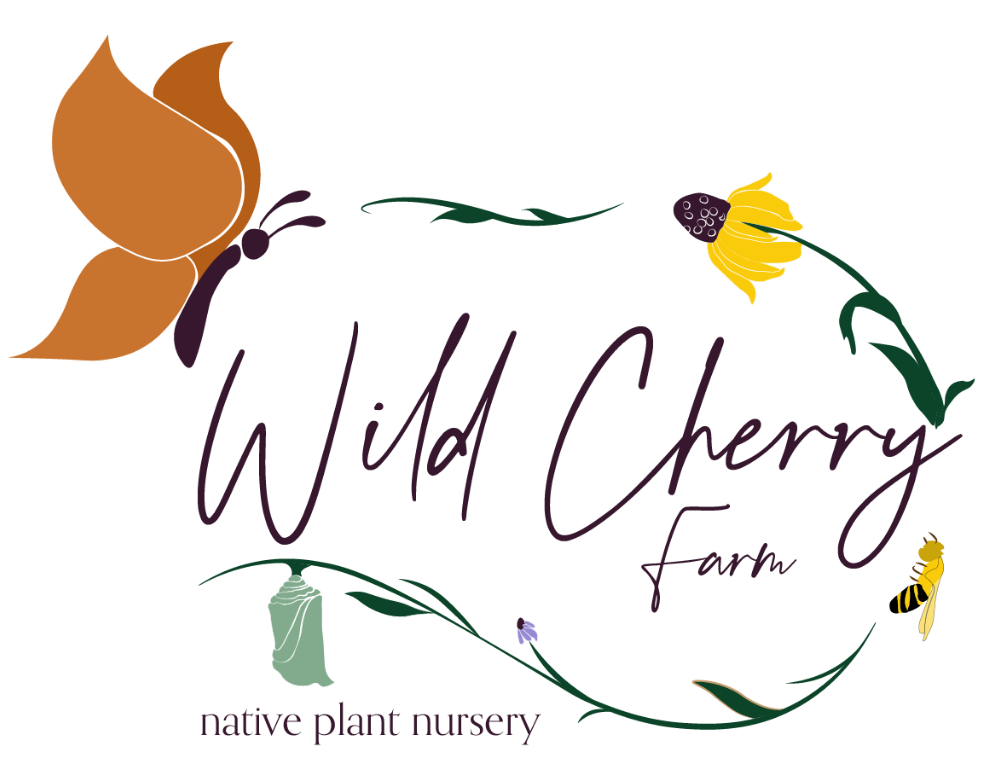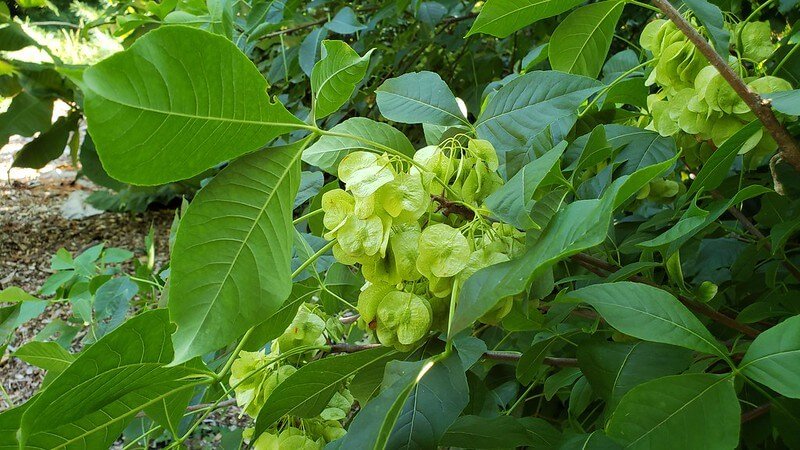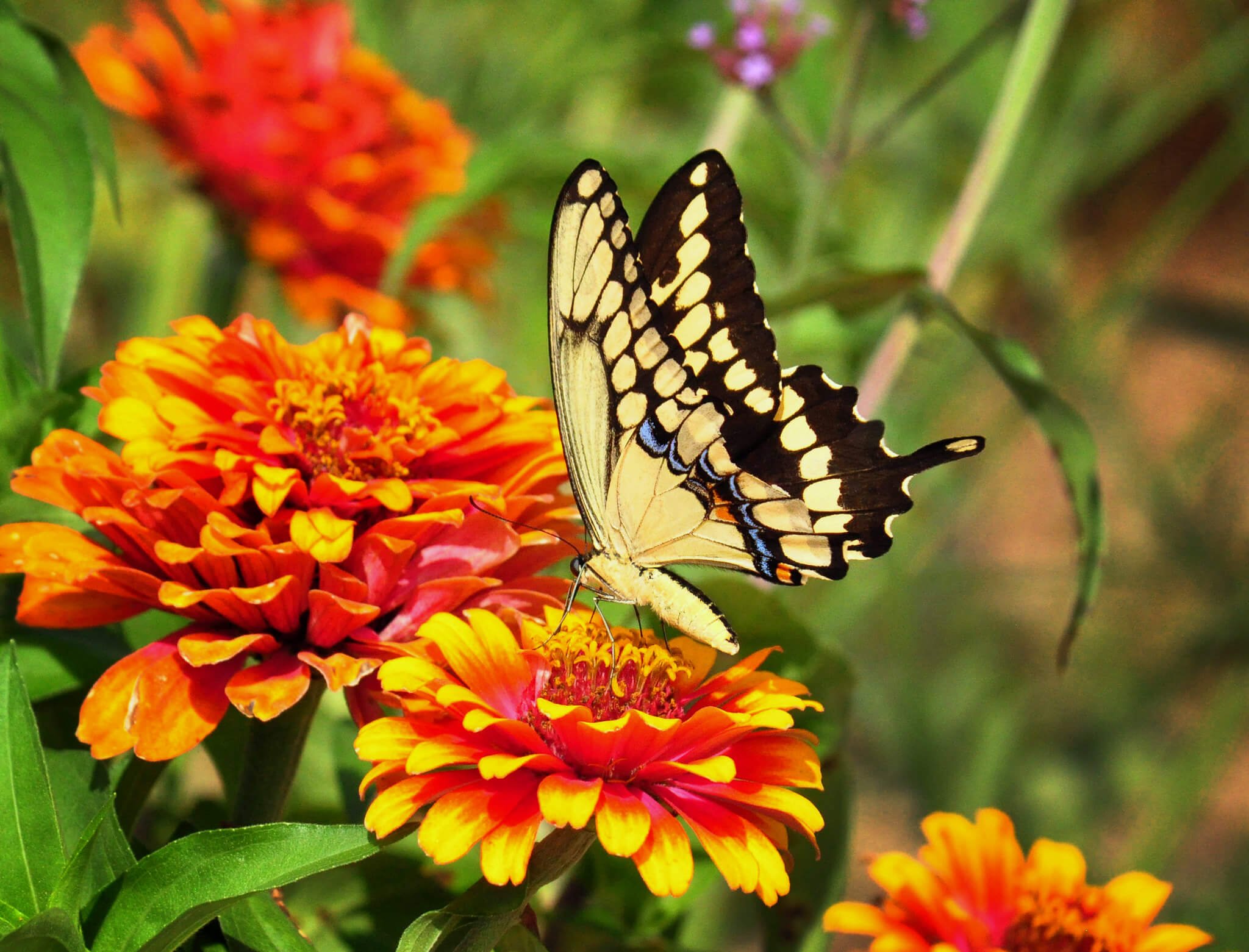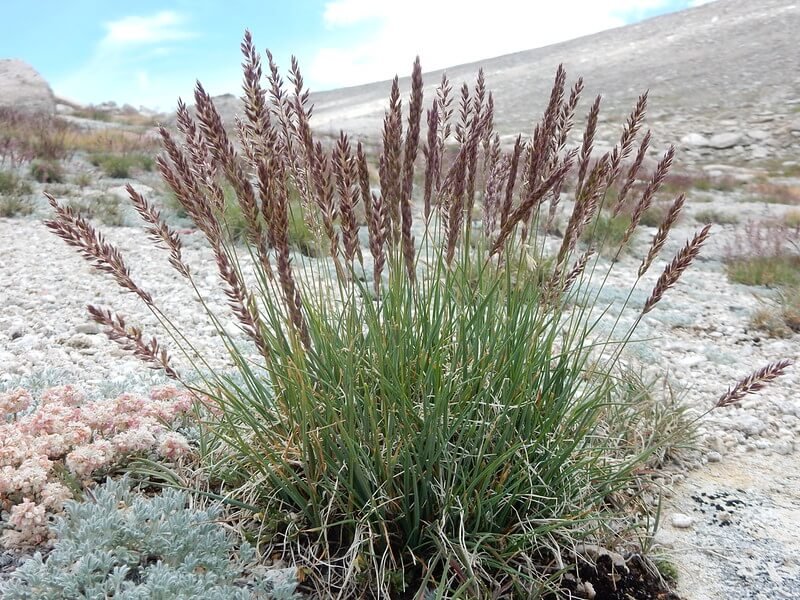Pasture Rose (Rosa carolina)
This pretty wild rose is visited by many native bees and is the host plant for 120 species of butterflies and moths in this area (nwf.org). Birds and small mammals eat the rosehips too (illinoisewildflower.info)! While pretty, Pasture Rose does spread by Rhizomes and may be considered semi-aggressive, so choose your planting spot wisely. Mine currently lives in my field.
Photo credit: Malcolm Manners
This pretty wild rose is visited by many native bees and is the host plant for 120 species of butterflies and moths in this area (nwf.org). Birds and small mammals eat the rosehips too (illinoisewildflower.info)! While pretty, Pasture Rose does spread by Rhizomes and may be considered semi-aggressive, so choose your planting spot wisely. Mine currently lives in my field.
Photo credit: Malcolm Manners
This pretty wild rose is visited by many native bees and is the host plant for 120 species of butterflies and moths in this area (nwf.org). Birds and small mammals eat the rosehips too (illinoisewildflower.info)! While pretty, Pasture Rose does spread by Rhizomes and may be considered semi-aggressive, so choose your planting spot wisely. Mine currently lives in my field.
Photo credit: Malcolm Manners
Life Cycle: Perennial
Sun Exposure: Full, Partial (Full Sun for best flowering)
Soil Moisture: Medium-Wet, Medium, Medium-Dry, Dry
Height: 2 feet
Plant Spacing: 2-3 feet
Bloom Time: June-August
Bloom Color: Pink
Advantages: Caterpillar Favorite, Pollinator Favorite, Bird Favorite
Host Plant: 120 species of butterflies and moths use this as a caterpillar host plant in our area (nwf.org)










